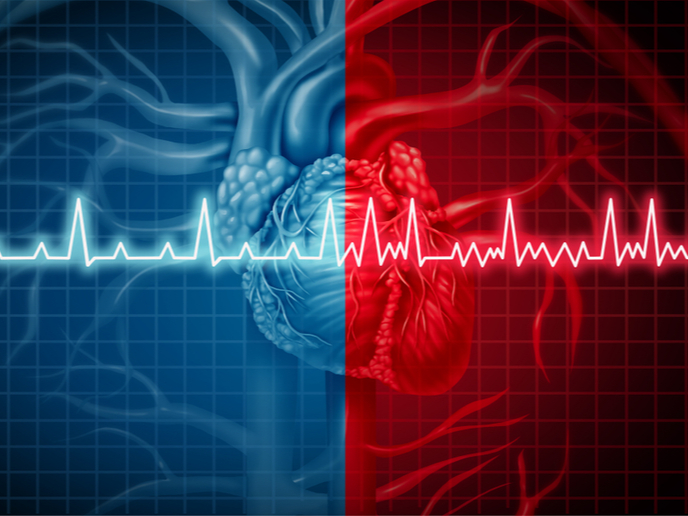Assessing post-stroke depression and anxiety
The severity of stroke leading to functional and motor impairment can have a significantly negative impact on the patient's daily life. As a result this can lead to depression and anxiety. The CERISE project closely examined the prevalence and severity of both disorders after stroke in a collaborative longitudinal study in order to determine predictors and outcome. The Hospital Anxiety and Depression Scale was used to assess 532 consecutive stroke patients at two, four and six months after stroke and predictors and time course were assessed. Results showed similarities across centres regarding severity and prevalence of depression and anxiety. Factors relating to severity of both affective disorders included severity of stroke, functional and motor impairment and sensory deficit. Associated with the severity of anxiety were living alone prior to stroke. Related to the severity of depression included cognitive disorder, dysarthia, pre-stroke Barthel Index and age. Concluding evidence showed the similarity of prevalence and severity of depression and anxiety in four European centres up to six months after stroke. Due to the risk of patients becoming depressed or anxious during that period, monitoring for both affective disorders is vital. The multivariable models showed a significant link between initial functional disability and both depression and anxiety. This indicates the correlation between psychological and functional recovery after stroke. The results were disseminated in a scientific paper and presented at conferences in cities across Europe. For further details click at: http://faber.kuleuven.be/onderzoek/dep3/neuro/cerise/index.htm







